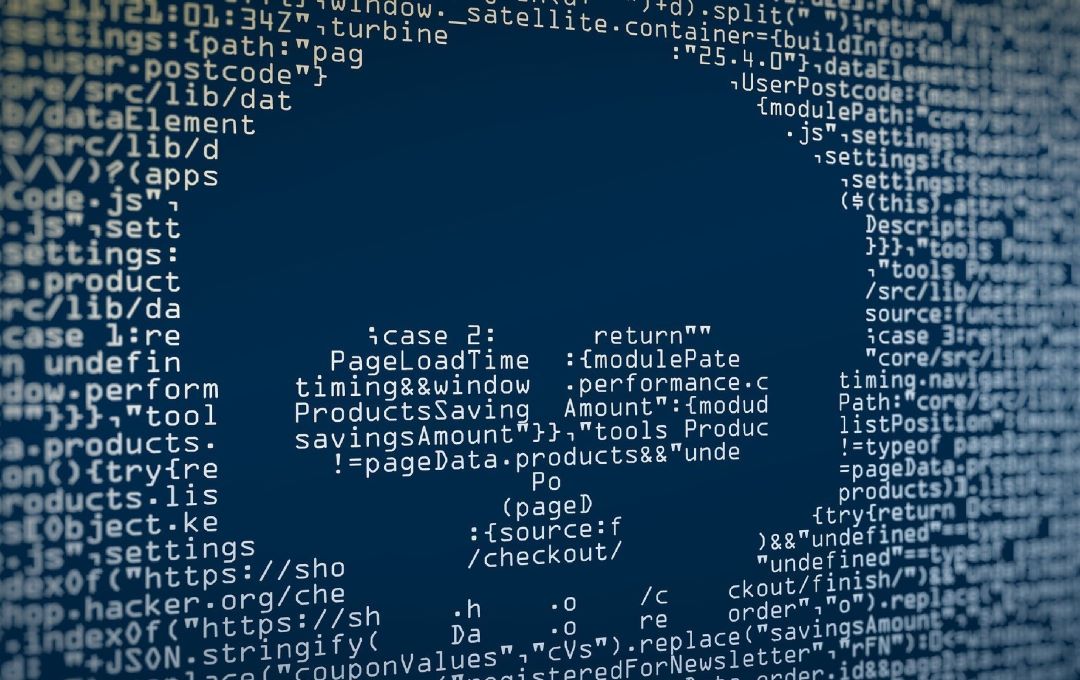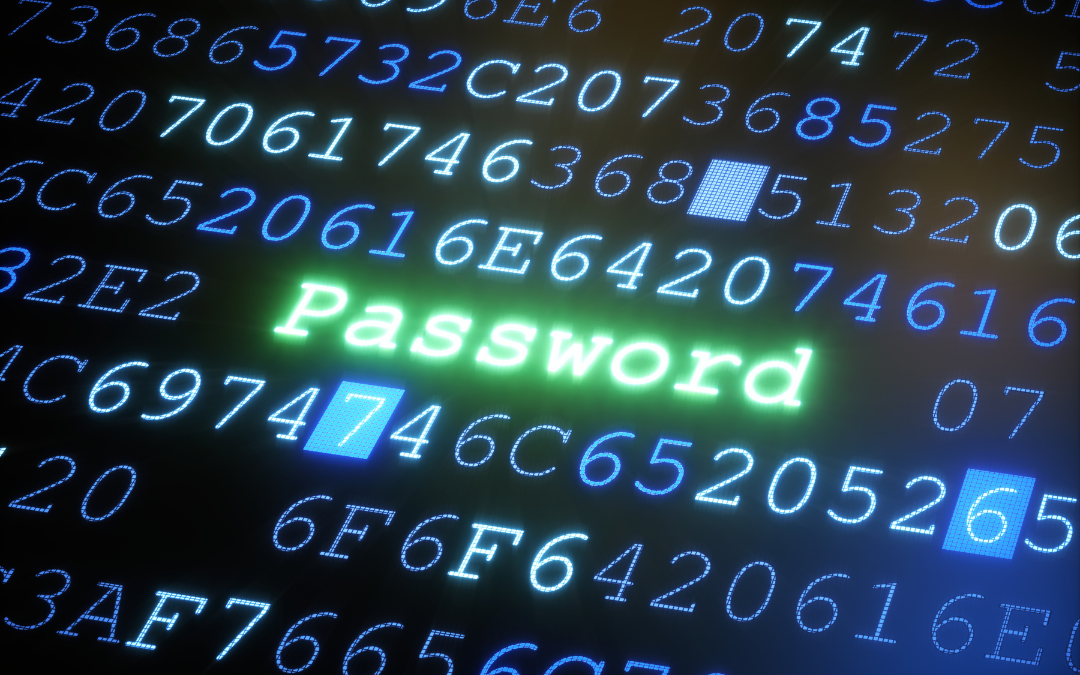
You wouldn’t leave your front door wide open when you go on holiday, so why leave your business without protection from cyber criminals?
Sadly, cyber-crime is not just a headline in the news, it’s a reality that every business has to be mindful of. You might think that your business is too small to be targeted by cyber criminals or that you have nothing valuable or sensitive on your network and devices that could be stolen.
The truth however is that every business and organisation, big, small, and in-between, is at risk. It’s not just an increasingly sophisticated network of cyber criminals either who are a real and present danger, but viruses, malware, botnets, ransomware, and more importantly sharpened level of phishing and Multi Persona Impersonation.
Thankfully, you’re not alone. We’re here to help you protect your business and the first step is understanding the latest threats. So, let’s take a look.
Next Level Phishing – Multi Persona Impersonation
If you thought cyber-crime was as easy to stop as an email from a fake Nigerian prince, then think again. The level of sophistication that cyber-crime has reached is both impressive and frightening. Take Multi Persona Impersonation or MPI for example. As recently reported in Computer Weekly, this technique involves criminals, or other malicious entities, impersonating not just one, but multiple people in emails. The impersonation also takes place in group chat scenarios in order to lull the target into communicating with them. By utilising more than one persona (and often impersonating real people), the criminals employ the technique known as ‘social proof’ or ‘informational social influence’ to subtly convince targets that the correspondence must be real because several sources appear to confirm it.
This is a sophisticated form of a very famous form of cyber-crime known as phishing. The textbook definition of this is the fraudulent practice of sending emails from a supposedly reputable source. They do this in order to induce targets to disclose personal information, such as passwords and credit card numbers. It can also include being tricked into clicking on a bad link that downloads malware or a virus.
Phishing Spreading Amongst Several Platforms
Phishing extends beyond just emails too – it can take place in a text message, social media, even a group chat you think is secure. In the case of the Multi Persona Impersonation that was recently reported, the attackers were using a combination of different platforms, as well as several different credible personas, to avoid suspicion. As we said, frightening stuff! If you’re worried about the safety of your business, why not book in an IT Audit Security Scan today. Click here to find out more.
Another example of more sophisticated phishing is the recent trend of hackers impersonating cybersecurity firms in call-backs. A new call-back phishing campaign saw criminals impersonate a popular and reputable cyber security firm asking employees in various businesses to call them back to conduct a safety audit. When they did, they convinced the workers to upload software, which turned out to be remote administration tools (RATs), allowing the criminals to take control of their computers. Thankfully the danger was spotted and shut down just in time.
Attackers Bypassing Multi Factor Authentication
Even her late HRH, Queen Elizabeth II, wasn’t safe. The UK’s National Cyber Security Centre (NCSC) warned that cyber criminals were looking to exploit the Queen’s death to trick individuals and businesses into accidentally sharing passwords and other sensitive information. One such example saw cyber criminals utilise a reverse-proxy Phishing-as-a-Service (PaaS) platform. It was performed in an attempt to steal authentication passcodes to bypass Multi-Factor Authentication MFA. This attack is further evidence of the need to work with experts you can trust to help you safeguard your business. Managed IT Support can help give you that peace of mind. You can find out more here.
Record Breaking Cyber Attacks
It’s not just criminals you need to be wary of either, but also botnets, viruses, and cyberattacks such as a recent record-breaking DDoS attack that was reported in the media. DDoS or Distributed Denial-of-Service (DDoS) is a form of attack that overwhelms servers with garbage and fake requests. This prevents them from functioning and stops genuine customers from being able to access what they need. Needless to say, this can be hugely damaging for a business and these kinds of attacks are on the rise worldwide. As a result, it’s more important than ever to make sure your business is aware of the potential risks. Now is the time to take the necessary steps to protect itself before risks become a reality.
What Can You Do To Protect Yourself From Cyber Attacks?
That’s where the professionals come in. Cyber-crime may be sophisticated, but cyber security is designed to stay one step ahead. At Operum, our professional, highly knowledgeable, and friendly team of IT security experts are ready to help you protect your business.
We would love to hear from you so why not drop us a line today via our Contact page.
If you would like to find out more on how to protect yourself from cyber attacks such as phishing and learn more on cyber security click here.
Also to boots your cyber security click here to read on Facts, Tips, and Steps on How Not To Get Hacked
Sign up below to join the Operum newsletter



